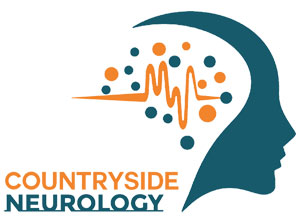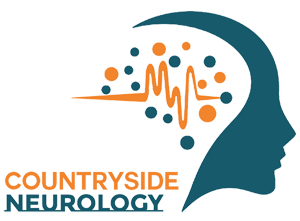Neuropathy, also known as peripheral neuropathy, is a term that refers to a group of conditions that involve damage or dysfunction of the peripheral nerves. These are the nerves outside the brain and spinal cord that connect the central nervous system to the rest of the body, including the limbs, organs, and muscles. Neuropathy can affect a single nerve (mononeuropathy) or multiple nerves (polyneuropathy).
Key characteristics of neuropathy include:
- Symptoms: Neuropathy often leads to symptoms such as numbness, tingling, burning sensations, weakness, and pain. The sensations are usually experienced in the areas supplied by the affected nerves, such as the hands, feet, and limbs.
- Gradual Onset: In many cases, neuropathy develops gradually over time. Symptoms might start mildly and progress over weeks, months, or even years.
- Sensory and Motor Disturbances: Neuropathy can affect both sensory and motor nerves. Sensory nerves transmit sensations like touch and pain, while motor nerves control muscle movement. Thus, neuropathy can lead to both sensory symptoms and muscle weakness.
- Specific Causes: Neuropathy can be caused by various factors, including diabetes (diabetic neuropathy), infections (like shingles or HIV), autoimmune disorders (such as Guillain-Barré syndrome), certain medications, traumatic injuries, toxins (like alcohol or certain chemotherapy drugs), and hereditary factors.
- Different Types: There are multiple types of neuropathy, each with its own characteristics. For example, diabetic neuropathy, which is common in people with diabetes, often starts in the feet and can lead to loss of sensation. Guillain-Barré syndrome is an autoimmune neuropathy that can cause rapid muscle weakness and paralysis.
- Diagnostic Tests: To diagnose neuropathy, doctors often perform nerve conduction studies and electromyography (EMG) to assess nerve function. Blood tests, imaging studies, and clinical examinations are also used to determine the cause and extent of the condition.
- Treatment: Treatment depends on the underlying cause of neuropathy. Management may involve addressing the root cause (such as diabetes management), pain relief medications, physical therapy, lifestyle changes, and in some cases, specific treatments for autoimmune disorders or infections.
- Prognosis: The prognosis for neuropathy varies depending on the cause and severity. Some cases of neuropathy can be managed well with proper treatment and lifestyle adjustments, while others might lead to long-term complications.
It’s important to consult a neurologist if you suspect you have neuropathy or are experiencing symptoms such as numbness, tingling, or weakness. Early diagnosis and treatment can help manage the condition and prevent further complications.
Contact Countryside Neurology today at 727-712-1567.
Sources:
ChatGPT




